This ex-offender rebuilt her life and reunited with her daughters with help from a halfway house
Faradilla Abdul Latiff spent years in and out of prison, and came to believe she was stuck in the cycle of re-offences – until her time at a halfway house. She tells CNA Women how she’s rebuilding her life and reuniting with her daughters, feeling more confident every day.
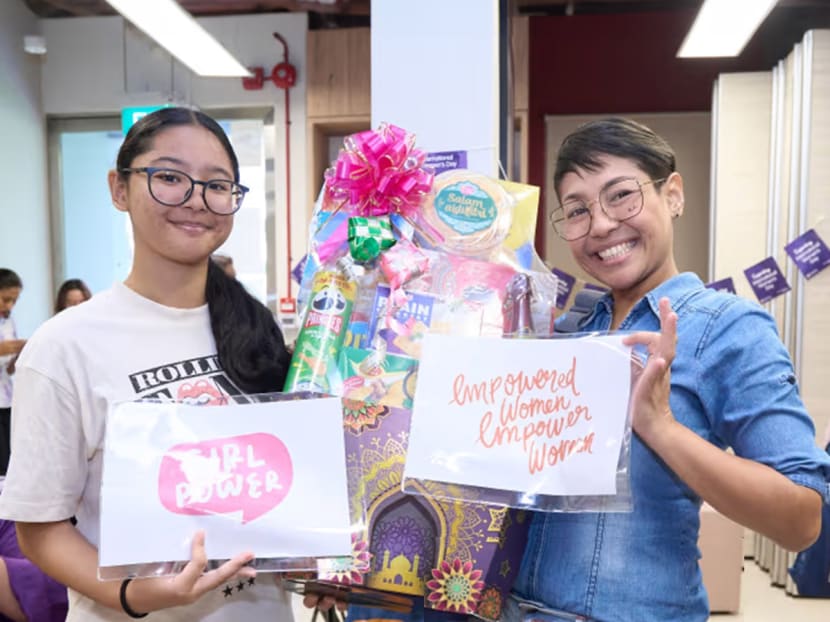
Faradilla Abdul Latiff (right) was stuck in a cycle of crime until a stay at a halfway house helped her turn her life around and she was finally able to reconnect with her elder and younger daughter (left). (Photo: Faradilla Abdul Latiff)

This audio is generated by an AI tool.
A fellow resident at the halfway house had made a mistake. And once again, Faradilla Abdul Latiff lost her cool. She knew it was wrong, but she couldn’t help losing her temper.
Faradilla expected to be told off and put down, but to her surprise, the staff at Rise Above Halfway House were kind. After she admitted that she struggled with anger, they offered to work with her on managing her rage and other negative emotions.
“I get mad with others even when it comes to simple disagreements, and I used to think my anger was always going to be part of me,” she said.
“But the staff didn’t judge me. They encouraged me and made me feel safe to talk about my issues,” she added. “They believed in me, and I learnt to trust and forgive myself, too."
Rise Above Halfway House, a collaboration between the Singapore Muslim Women’s Association (PPIS) and the Singapore Prison Service, is a secular rehabilitative centre for women inmates serving the tail end of their sentence, mostly for drug offences.
Faradilla spent the final six months of her fourth prison sentence there.
“I used to think that because I was a repeat offender and drug abuser, I’d never change,” the 41-year-old told CNA Women. “I believed myself to be the bad person that everyone around me thought I was, and I was stuck in this negative cycle that I’d never escape.
“It didn’t matter that there was a voice inside me telling me that I was good and I wanted to be better. I was just going to be like that – until I came to the halfway house.”
THE FIRST TIME SOMEONE BELIEVED IN HER
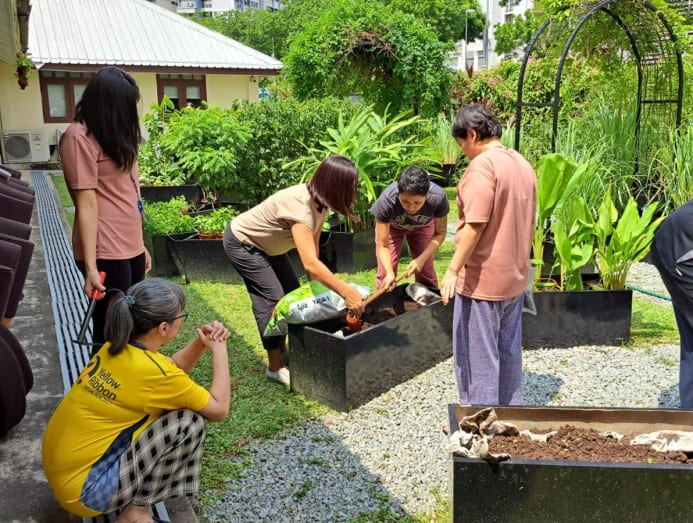
Founded in 2021, Rise Above Halfway House can house up to 30 women. Each resident is assigned duties and given opportunities to attend programmes that help them readjust to life after prison, including resume writing, financial management, and interview workshops.
As someone who struggles with addiction, Faradilla recognised that what helped her the most in her rehabilitation were the soft skills: Anger management, self-acceptance, communicating with others, fostering empathy and trust.
“I never got much support from some people around me,” she said. “I’d want to change, but the moment I slipped up or relapsed, they’d say things like ‘you’ll never change’ or ‘you’ll be this way forever’.
“It hurt to hear them, but I wouldn’t show my pain. Since people didn’t think I was good, I might as well be bad.”
I believed myself to be this bad person that everyone around me thought I was, and I was stuck in this negative cycle that I never thought I’d escape.
Stuck in a spiral of self-loathing, Faradilla would turn to the familiar – drugs and other crimes – to cope, even though she desperately wanted to be free from them.
Her time at the halfway house, however, helped to break the cycle.
This was Faradilla’s second stint at a halfway house, referred to by the prison service. However, compared with the first time, which she perceived as merely a temporary shelter before reintegrating into society, her time at Rise Above led her to think about rebuilding her life more intentionally.
Each resident at the halfway house is given a list of tasks, such as cleaning and cooking. While they seem menial and inconsequential, these duties gave Faradilla trust and responsibility. It boosted her self-esteem and taught her better self-control.
“Toilet duty, kitchen duty, cooking – all these tasks made me feel like I could take care of all the residents in the house. And when I did them, I realised that I could do it. I could be better.”
LANDING A JOB THAT GIVES HER PURPOSE
When she was coming to the end of her prison sentence, Faradilla had to choose a sector and job to apply for.
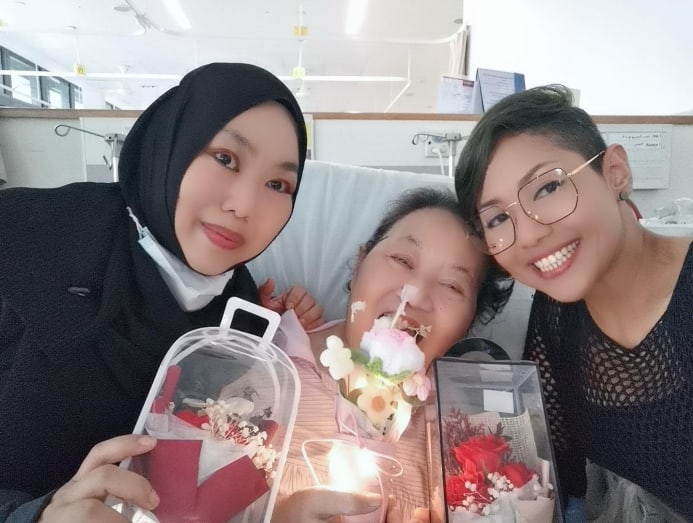
“I’ve done many jobs in the past – admin work, factory roles – they were the kind I could easily finish and be done with,” she said. “But in the house, after starting to think differently about myself and what I could do, I wondered, what if I could do more?”
Faradilla then thought about her parents, both of whom have medical conditions, and how she wanted to learn skills that would help her care for them better.
She told CNA Women that before this most recent imprisonment, she had had a bad argument with her mother.
“My mum had a stroke and is mostly bedridden. At that time, I was going through so much trouble and pain, so I lashed out at her. That was the last time I saw her before going back into prison,” Faradilla said.
“I felt horrible, I had so much guilt. When I was released, I knew I wanted to make things better.”
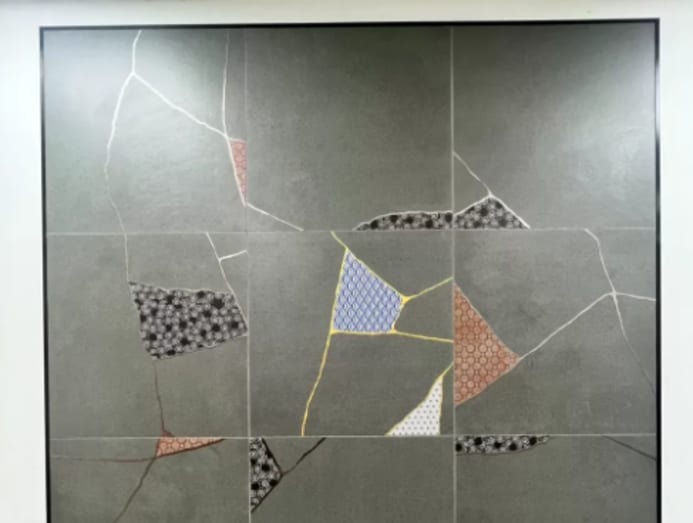
The motivation sparked her interest in senior care. With help from the staff and volunteers at Rise Above, she landed the job as a senior community care associate at a senior care centre early this year.
Many of the elderly residents there have medical conditions like Parkinson's disease, stroke, and advanced dementia. Her job includes cleaning up after them and supporting those who are less mobile.
It requires her to know her patients well – their feeding habits, physical and mental capabilities, and even their favourite games and activities. As most of the patients are Chinese, she has even picked up basic Mandarin and Hokkien.
“The old me would have laughed at the me now, doing this role of caring for others,” she said. “But you know what? I’ll laugh back at her, because I feel glad I’m doing this.
“This job helps me help others, and more importantly, it allows me to help my mother after giving her so much grief all these years. The role gives me a new purpose in my life.”
For the first time, I had other people who believed in me, and that meant a lot to me – I learnt to trust and forgive myself.
Faradilla added that being busy mentally and physically also helps her focus on life away from drugs and other crimes.
“There are days I’d bump into my old circle of friends,” she said. “And I won’t lie, they will tempt me into using again, but I’ll remember that, now, I have a job to get to, I’ve people to be responsible for. I don’t want to live that life again, and so I’ll say no.”
DOING HER BEST TO OVERCOME CHALLENGES FOR HER LOVED ONES
While Faradilla believes she’s in a much better place now, she acknowledges that each day is challenging.

“That is the reality for an addict – every day is hard,” she said. “I will remember the feeling (of being high), I will think about using again, but my time in Rise Above taught me how to overcome these thoughts,” she said.
One of the ways the halfway house taught Faradilla to manage herself is to fill her time with positive activities and by serving her family.
When she was incarcerated, Faradilla felt tremendous guilt at being absent from her two daughters, now aged 21 and 15. She also felt bitter anger and resentment towards some family members whom she thought were not supportive of her.
During her time in prison, her older sister cared for her elder daughter, while the younger girl came under her ex-husband’s care.
Since her release, Faradilla has made it a point to spend more time with her girls to reconnect with them. She sees them several times a week as they don’t live with her. She has also learnt to think more positively of her family, and to slowly let go of the bitterness she harbours.
When I was released, I knew I wanted to make things better.
“Now feels different from the previous times I was released,” she said. “I think differently. I want to think better of the people who helped me care for my girls. These days, I just focus on rebuilding our relationship and making up for all the lost time.”
Tearing up, Faradilla said she thought that because of her past mistakes, her relationship with her daughters would always be fractured, but that hasn’t been the case.
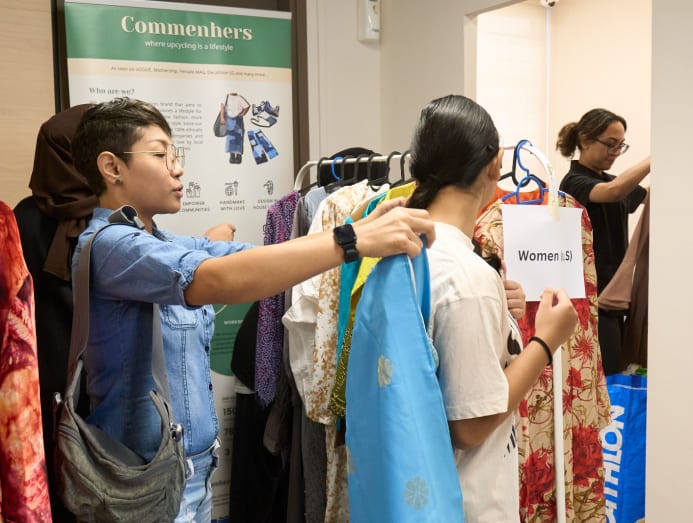
“My girls see me pray, they see me less angry, they see me talk and mean what I say about my belief in God and getting better,” she said. “They laugh with me, they open up with me about boys, friends, and family. They even want to stay with me.”
All these moments with her daughters mean a lot to her and reassure Faradilla that getting better, no matter how challenging, is worth it.
As a former drug addict, she acknowledges that the road away from addiction is always going to be challenging. Rehabilitation, dealing with relapses, reconciliation, all these take up much time and energy.
“I’ll be honest, once you’re in, it will be so, so hard to get out,” she admitted.
“But I also remember the days I couldn’t sleep, the nights I was awake with paranoia, the time I was in prison and none of my loved ones were around, the anxiety I felt about being inside in case any of them passed away.
“These thoughts keep me going, even when it’s hard,” she said.
“So no, it’s not impossible and never too late to change. I never want anyone – even myself – to think that my past life was the only kind of life for me.
“In the halfway house, one of the quotes that stuck with me and will always keep me going is this: ‘After the darkest chapter, there is a new page waiting to be written’.”
CNA Women is a section on CNA Lifestyle that seeks to inform, empower and inspire the modern woman. If you have women-related news, issues and ideas to share with us, email CNAWomen [at] mediacorp.com.sg.





